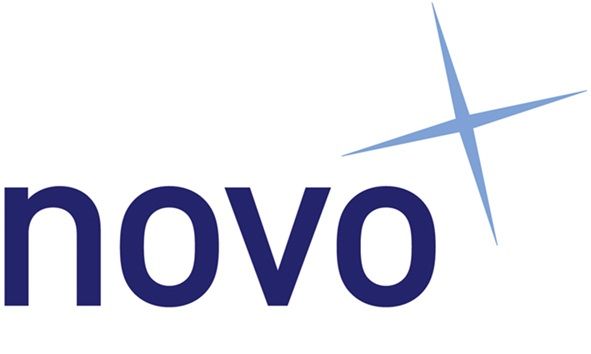New war for talent pushing up adoption of HR tech

As the economy continues to improve and skills are in shorter supply, mid-size companies have a greater appetite for HR technology and automation.
Faced with an uphill struggle to bring employees in with the right skills, many mid-sized organisations have now bitten the bullet and automated their HR processes.
During the recession, most companies focused on whatever was necessary to maintain and boost their top line and people were thought of as simply lucky to have a job, according to a source.
As a result, HR systems remained largely manual and spreadsheet-based, which made it difficult to answer even basic questions such as “how many employees do we have?”
The study believes that many mid-sized companies had their heads in the sand about automating their systems until as recently as three or four years ago, with more of an uptick in adoption in the last two years.
“In a global skills crisis, retaining and developing your best people is considered very important. So we’ve seen a switch where companies realise they’ve got to focus on it now,” explains the source.
“They see that they know more about their customers than their workforce, but because that doesn’t work in this cycle, the issue has changed from being important to being urgent.”
This means that there is new-found interest in gaining insights into the workforce, relating to everything from what kinds of people it comprises, how pay levels relate to performance and what skills mixes there are across genders and geographies.
Retention strategies
But this mooted “second war for talent” – a source quoted, has also started to make employers think about how best to go about retaining people.
This has sparked a related trend, a growing number of mid-sized firms are either dropping annual performance review and replacing them with real-time recognition or moving to a hybrid approach.
“The rationale is that they want to capture an ongoing series of conversations in real-time, not necessarily just from the person that an employee reports to, but from across the business,” a source adds. “The problem with an annual appraisal is that you’re collecting stuff 11 months after the fact.“
He quotes that he estimates that around one-third of his customers, mainly in sectors that employ “high-value professionals” such as technology, e-commerce, business and financial services, have now dropped annual reviews entirely.
Another third have stuck with them and the rest have adopted a hybrid model.
“Three years ago, it would have been 100% annual reviews, but the shift really started kicking in last year,” he adds.
And many mid-sized employers are just at the start of this change.
“I expect it to take another five to 10 years to roll out across British industry,” he quotes “It starts in early adopter vertical markets and eventually sweeps through the whole thing, but change takes a long time.”












